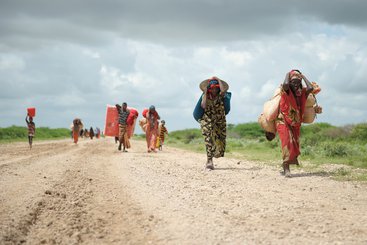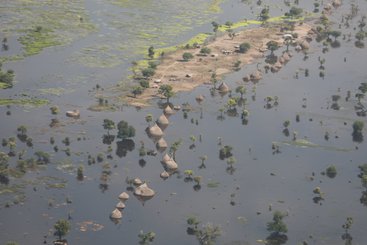Since 2015, the increasing number and intensifying nature of the impacts of climate change worldwide and the lack of progress on both the mitigation and adaptation goals outlined in the Paris Agreement has heightened attention on addressing climate-related losses and damages, particularly in countries in the Global South.
Actions and mechanisms for addressing losses and damages are numerous, from measures to preserve lives, livelihoods and dignity, and minimise loss of biodiversity, to the replacement or repair of assets that were lost or damaged, to supporting livelihood recovery and population resettlement to safer locations. However, there is no international policy framework to guide and organise these measures for addressing losses and damages, resulting in partial measures and insufficient financial arrangements.
This Rapid Evidence Assessment (REA) begins to identify different barriers and assess how they are constraining efforts to address climate-related losses and damages in low- and middle-income countries. It also analyses how frequently these barriers are reported and analysed in the policy and academic literature, and highlights variations across contexts.






